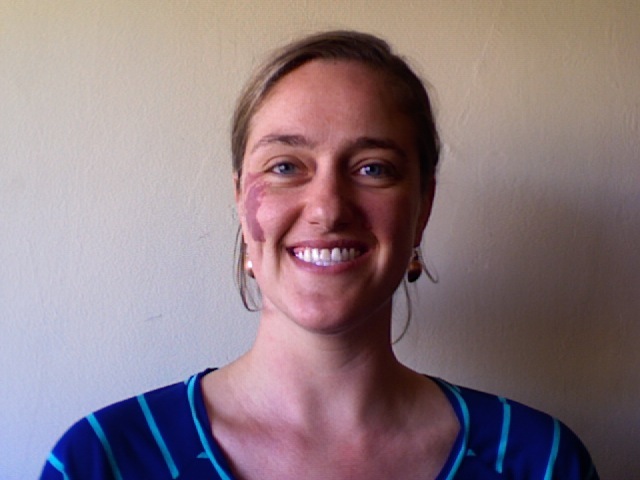Some information may be outdated.
Several years ago my mother bragged to my grandmother that the elementary school I attended recycled all the school’s paper and even let parents bring in their family’s paper waste. My grandmother said when she was in school she wrote on a slate and erased it.
She went on to say that the small town in Canada where she grew up didn’t have a landfill.
Her family, and the others in her community, had no trash.
In disbelief, my mother asked about everything she could think of.
Food scraps? Every family had a pig, a dog or both and no one was buying Purina.
Yard waste? They burned it.
Old clothes? Passed down until the cloth was in ribbons then made into rag rugs.
“Well, what if someone broke a dish?” my mother asked.
“It was the depression! No one broke a dish!” my grandmother said.
This story shows us just how far we’ve come in two generations. My grandmother’s household didn’t have trash. My household has enough trash to warrant weekly curbside collection.
Granted, times have changed, but luckily, Moab is a community with many resourceful people who do not want to let things go to waste.
KZMU’s weekly “Trading Post” radio show connects those who have stuff with those who want stuff. The Facebook group “Moab Classified Ads” does the same.
WabiSabi has made over 350 tons of materials available for reuse in 2012 alone.
Some Moab restaurants compost food waste or feed it to locals’ pigs.
If it can’t be reused, there’s a good chance it can be recycled.
The Moab Solid Waste District operates the Moab Recycling Center from 8 a.m. to 5 p.m. Monday through Saturday. It will take all your common recyclables (plastics No. 1 through No. 7, aluminum, cardboard, steel cans, office paper and newspaper) for free. The Recycling Center kept a staggering 1,207,024 pounds of recyclable waste out of the landfill in 2012. Just this week the Solid Waste District made a move from reusing pulverized glass as road fill and landfill cover to having the glass cost-effectively transported up to Salt Lake to be recycled.
For even more convenience, Green Solutions Moab does curbside recycling pick up for a small monthly payment.
Canyonlands Community Recycling (CCR) and the US Post Office sponsor a monthly paper drive every third Saturday from 8 a.m. to noon at the Moab Post Office for all the paper the Recycle Center can’t accept, such as magazine, catalogs, egg cartons, toilet paper rolls, wrapping paper and paperboard.
On May 4 CCR and WabiSabi are hosting an Electronic Waste and Battery Drive (alkaline batteries, and almost anything that plugs in and doesn’t use Freon or coolants) at WabiSabi Thriftique from 9 a.m. to 1 p.m. That same day the Solid Waste District is hosting a Household Hazardous Waste Drive (paint, prescription medications, gas/fuels, solvents/thinners, aerosol cans, pesticides/herbicides, fluorescent bulbs, motor oil and lubricants) from 9 a.m. to 2 p.m.
Even some of our biggest events are working to reduce trash. This year’s Canyonlands Half Marathon, in partnership with CCR, kept 1996 pounds of waste from more than 10,000 visitors out of the landfill by recycling, working with Living Traditions farm to use food compost and taking all compostable race cups to the Mesa County Composting Facility.
Common Thread/Operation Cooperation is a collaborative effort between Moab Solutions, Grand County Sherriff’s Office, SWD, BLM, SITLA, Grand County Trail Mix and off-road group Rocky Mountain Extreme working to maximize recycling and minimize waste during Jeep Safari.
There is so much more going on in Moab to reduce waste, increase efficiency and keep things out of the landfill, this is just a taste of all that’s going on.
Think about your impact this Earth Day. Think about small steps you could make from wastefulness and toward sustainability. The resources are there; the infrastructure is there. It’s up to the citizens of Moab to do their part in eliminating waste.
Moab’s two landfills are on some of the most beautiful land in the world. Let’s not be careless with them.
Let’s use less, let’s reuse whenever we can, let’s recycle the things that can be recycled.
Finally, after all other channels have been exhausted, we can send that broken dish to the landfill.
Appreciate the coverage? Help keep local news alive.
Chip in to support the Moab Sun News.



